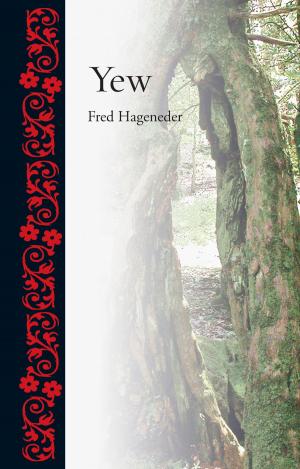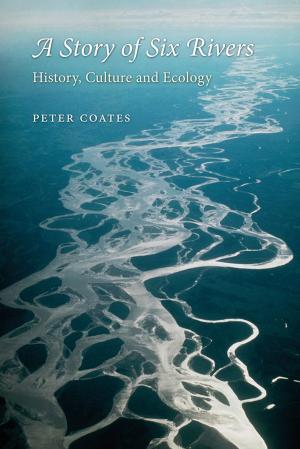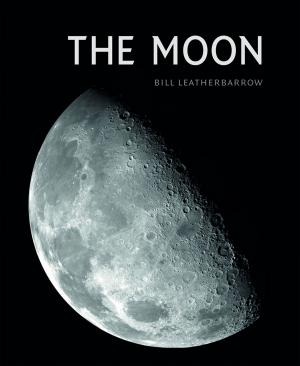| Author: | Roslynn D. Haynes | ISBN: | 9781780232089 |
| Publisher: | Reaktion Books | Publication: | November 15, 2013 |
| Imprint: | Reaktion Books | Language: | English |
| Author: | Roslynn D. Haynes |
| ISBN: | 9781780232089 |
| Publisher: | Reaktion Books |
| Publication: | November 15, 2013 |
| Imprint: | Reaktion Books |
| Language: | English |
Sand. Cacti. Lizards. Mirages. Deserts call to mind exotic places, a sense of adventure and freedom, but also thirst and desolation. In Desert, Roslynn D. Haynes takes a fresh look at this geographical feature and cultural entity as it becomes an increasingly threatened environment.
Considering the immense geographical diversity of deserts from the Sahara to Antarctica, Haynes explores the intriguing and often bizarre ways plants and animals adapt to such a hostile environment, as well as the diverse peoples that have inhabited deserts and evolved unique lifestyles and cultures in response to their surroundings. She asks why Judaism, Christianity, and Islam all originated in the deserts of the Middle East and traces the connections between the minimalism of desert existence and the pursuit of a spiritual dimension. Finally, she describes the allure deserts have exerted on the West, the significance of desolate landscapes in literature and film, and the revolution in artists’ responses to the desert as an empty space and as an inspiration for new visual techniques with which to view it. Ending with a look at how commercial and military interests threaten desert ecologies, Desert casts new light on our view of these seemingly barren places.
Sand. Cacti. Lizards. Mirages. Deserts call to mind exotic places, a sense of adventure and freedom, but also thirst and desolation. In Desert, Roslynn D. Haynes takes a fresh look at this geographical feature and cultural entity as it becomes an increasingly threatened environment.
Considering the immense geographical diversity of deserts from the Sahara to Antarctica, Haynes explores the intriguing and often bizarre ways plants and animals adapt to such a hostile environment, as well as the diverse peoples that have inhabited deserts and evolved unique lifestyles and cultures in response to their surroundings. She asks why Judaism, Christianity, and Islam all originated in the deserts of the Middle East and traces the connections between the minimalism of desert existence and the pursuit of a spiritual dimension. Finally, she describes the allure deserts have exerted on the West, the significance of desolate landscapes in literature and film, and the revolution in artists’ responses to the desert as an empty space and as an inspiration for new visual techniques with which to view it. Ending with a look at how commercial and military interests threaten desert ecologies, Desert casts new light on our view of these seemingly barren places.















